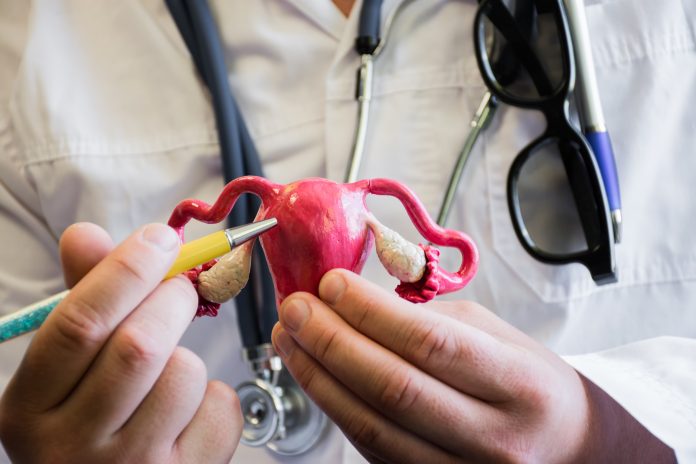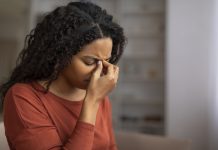Cheryl Lythgoe, Matron at Benenden Health, answers the top five most frequently asked questions about endometriosis including what symptoms you should look out for
Endometriosis is the name given to the condition where tissue, like the lining of the womb, starts to grow in other parts of the body. The cells can also be found elsewhere in the body but primarily within the abdomen.
While the tissue in the womb can leave your body as a period each month, endometriosis tissue has nowhere it can go. As a result, this can cause inflammation, pain and the growth of scar tissue.
A long-term condition, endometriosis and its symptoms can have a big impact on the quality of a woman’s life.
Who is at risk?
Endometriosis can affect any woman or girl from the time that they begin their period, though it is less common in women who have been through the menopause. Endometriosis UK reports that as many as 1.5 million women in the UK are suffering with the condition.
What are the symptoms?
There are a range of endometriosis symptoms, but these can vary widely from one person to another. Some women are badly affected, while others notice very few signs. The most common symptoms are:
- Heavy or irregular periods
- Pain during or after sex
- Difficulty getting pregnant
- Painful bowel movements during your period
- Lack of energy
You can also have intensely painful periods that can take a serious toll on your everyday life.
How is endometriosis diagnosed?
If you think you may have the condition, then it is a good idea to share your symptoms with a doctor as soon as possible. Diagnosis can sometimes take time because the symptoms can be very similar to those of other conditions, so consider keeping a diary of your symptoms to see if there are any similarities in timing or type.
Your doctor will ask about your experience and may be able to recommend a treatment, but they could refer you to a specialist as the only way to get an accurate diagnosis is by laparoscopy. This is an operation where a camera is passed through a small cut in your tummy, so the surgeon can have a look for internal signs of the condition.
What treatments are available?
There is no cure for endometriosis, but there are possible treatments, which can help relieve symptoms and improve your quality of life. Possible options include:
- Painkillers
- Hormone Medicines
- Surgery
Deciding on the right treatment for you depends on a few things, such as your age, main symptoms, whether you want to become pregnant and your feelings about surgery. If you are nearing the menopause, then these symptoms may get better on their own without treatment.
To find out more about Endometriosis and how to manage the condition, as well as other health issues affecting women, visit: https://www.benenden.co.uk/be-healthy/body/womens-health-hub/











